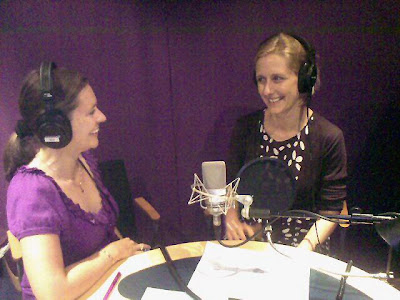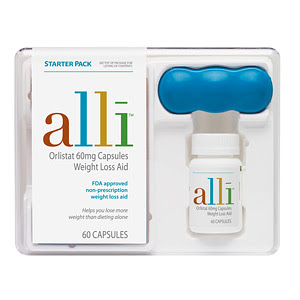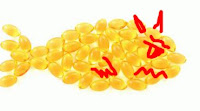Fast forward to my post-college days. I started working 40 hours a week, which meant sitting behind a desk, working late nights at the office, and spending too many overindulgent happy hours with co-workers (hello, beer and nachos!). In just a few months, I gained 20 pounds.
At first, I didn’t realize that I was putting on weight. But when I had to buy a whole new wardrobe (true story!), I knew that something needed to change. I cleaned up my diet and started going to the gym more regularly. Eventually though, that new get-in-shape motivation wore off, and spending hours at the gym each week began to feel like torture. It was nothing like playing soccer after school or taking a hip-hop dance class with my friends each week.
So instead of giving up on exercise altogether, I had to find ways to incorporate it into my life and even try to make it (gasp!) fun. Here’s what I did:
I make it a priority
I no longer “squeeze in” a workout. Exercise is one of the most important items on my to-do list. I try to make some sort of activity happen every single day, no matter what it is. If I have an especially busy day, I’ll incorporate fitness into my chores. For instance, walking my dog for 45 minutes or doing an hour or two of yard work kills two birds with one stone!
tennis-fun-exercise
Getty Images
I have a flexible definition of the word “exercise”
Taking a Body Pump class or going for a 5-mile run are a couple of my favorite ways to exercise, but not all of my workouts are this “traditional.” The word “exercise” is a loose term for me. It fits a lot of activities in my life, including hiking in the mountains, taking a bike ride, playing an impromptu game of tennis with my husband, walking to the grocery store and back, or even helping friends move into a new house!
I don’t focus on the number on the scale
When it comes to exercising, I don’t let the bathroom scale dictate my workouts. My goal isn’t to fit into size zero skinny jeans, but to maintain my weight and feel good about myself. To me, being in good shape means feeling healthy and being active. Plus, the extra activity lets me enjoy dessert without guilt every day!
I remind myself that exercise is fun
It’s not always easy to psyche myself up for a workout. Just like everyone else, I am not motivated on some days and don’t feel like doing anything except sit on the couch, catching up with my DVR. Even though I’ve committed myself to fitness, I still struggle with these feelings. But now I’ve found different ways to motivate myself to exercise. I remind myself of the simple pleasures I receive from fitness. A run on the treadmill might sound boring, but to me it’s a time to myself, a time to let my mind wander. Similarly, strength training with free weights may not sound like fun. However, the anticipation of listening to the great workout playlist that I made for lifting weights makes me look forward to my session. It all comes down to making exercise fun!


















